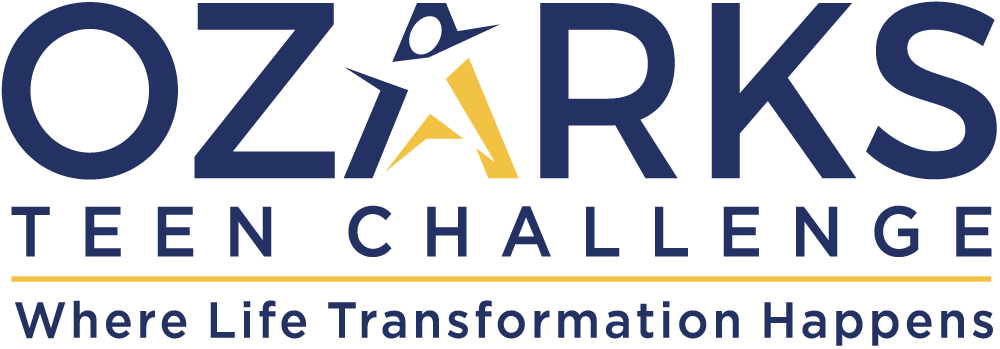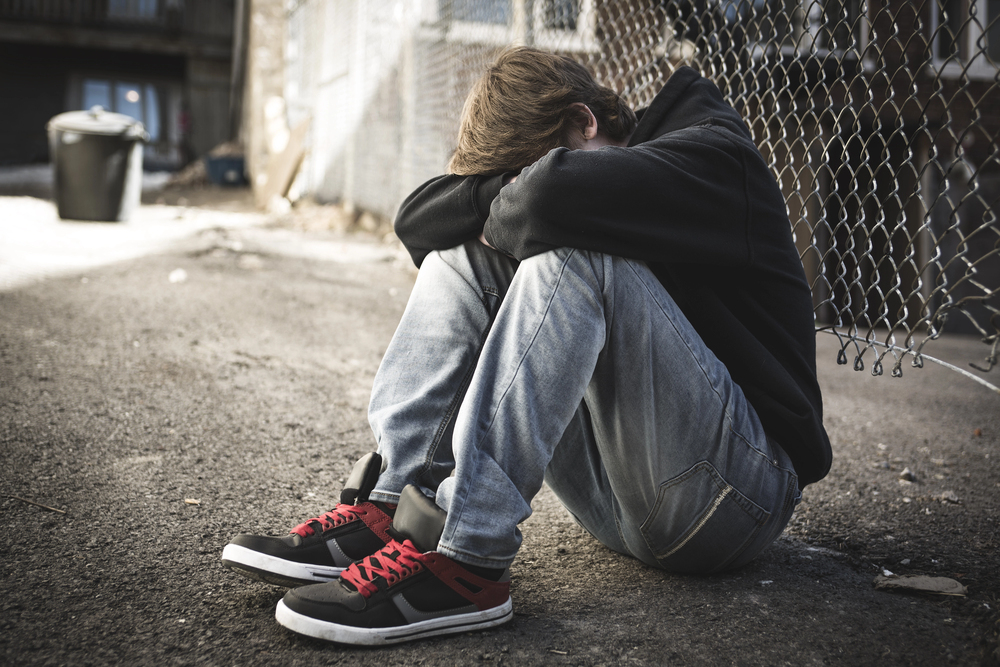There is not a defined set of life skills that is determined to be the most effective for every person. The environment, coping methods, and regimen of one person, may not work for another. With that in mind, we hope to show our teens how to create and sustain a better quality of life by learning to manage the variables and obstacles they are sure to encounter. Our troubled boys are taught everyday life skills as a means to enhance their self-awareness, help them reach their full potential, and build their core competencies, all while improving the environment around them.
Successful entry of out of control boys into any program can take some time. Denial can contribute to resentment and close-mindedness. They oftentimes have a hard time facing the truth and many believe they can overcome addiction and poor behavior without any help. Its because of this attitude and the poor choices they have made that many boys come to Ozarks Teen Challenge harboring with them a lot of anger, anxiety, and uncertainty. In the case of a troubled teen, uncertainties might mean not really knowing who they are, what they’re feeling, what the problem is, or if they have the ability to solve it. Since life skills are primarily established through personal experience, our program largely aims to provide opportunities to break old habits and help establish a more positive identity through creating rich experiences. Throughout the year, we create life skill activities for teens to participate in. They will volunteer on campus and throughout the community. We assign each teen to a life skills team with differing responsibilities such as grounds keeping, painting, cooking, and cleaning, so the boys can immediately begin to take action, make progress, and take back some control. Their progress might come through learning of a new skill or just gaining a better understanding of the level of discipline needed to take care of themselves and those around them. Our intent is that the boys become more open minded and self-aware as a critical first step. They will have a chance to witness the direct (positive) impact their actions have while gradually learning what it takes to build and maintain a structured environment.
Not having an established daily routine or a positive way of living prior to any hardships can make overcoming obstacles much more difficult because the method for recourse isn’t always obvious. Our Life Skills Program teaches functional and critical thinking skills so that navigating through obstacles becomes easier over time. For a teen, an obstacle might mean deciding how to spend their evening: hang out with friends, do homework, maybe both? To us, choosing not to do homework is a poor choice. However, adolescents sometimes fail to see how the accumulation of many small, seemingly harmless decisions, will impact them in the long run. Making the best decision means recognizing all of the variables and being able to use critical thinking skills by effectively weighing them against one another. Variables can include the options themselves, the feelings behind each choice, and the possible consequences of choosing one over the other. Learning how to recognize variables and organize thoughts can feel overwhelming and those skills do not develop overnight. The varieties of tasks we assign utilize a wide range of skill levels and each one offers a different experience and lesson to be learned. While learning functional skills, like how to cook a meal, the boys also practice their critical thinking skills. Cooking a meal requires collaboration and time-management. They will also have the opportunity to evaluate their efforts, seek constructive criticism, and improve. Other tasks help them learn how to survey their environment, identify problems, seek answers, set goals and execute. They will learn the difference between defiance and self-determination. They learn how to think for themselves, yet ask for help when they need it.
When life becomes more hectic, our emotions often fog our logic and we risk making poor choices. This is why it is important to routinely practice critical thinking skills. When harder days come, they will not need much effort to use them. They will be able to mentally organize the variables of a situation and bring appropriate behaviors into action. Upon returning home, your troubled teen will not feel so anxious because they will know themselves better, feel more capable, and be able to adapt when the time comes.
For more information about our program, click here to go to our Life Skills for Teens page.




